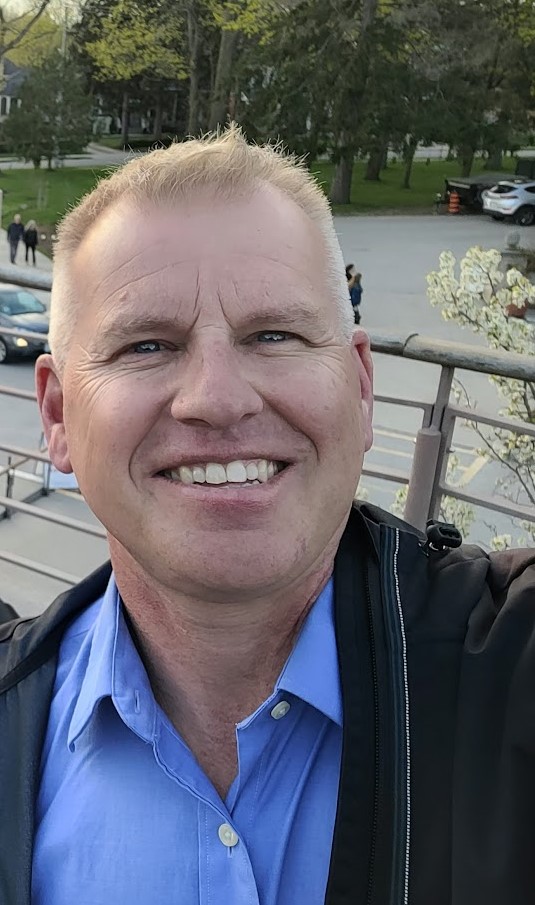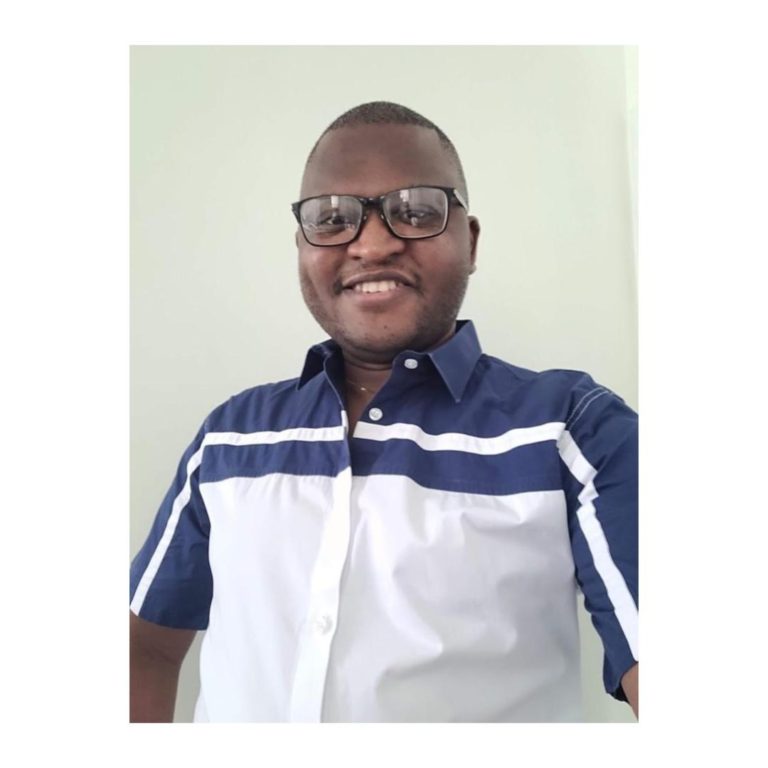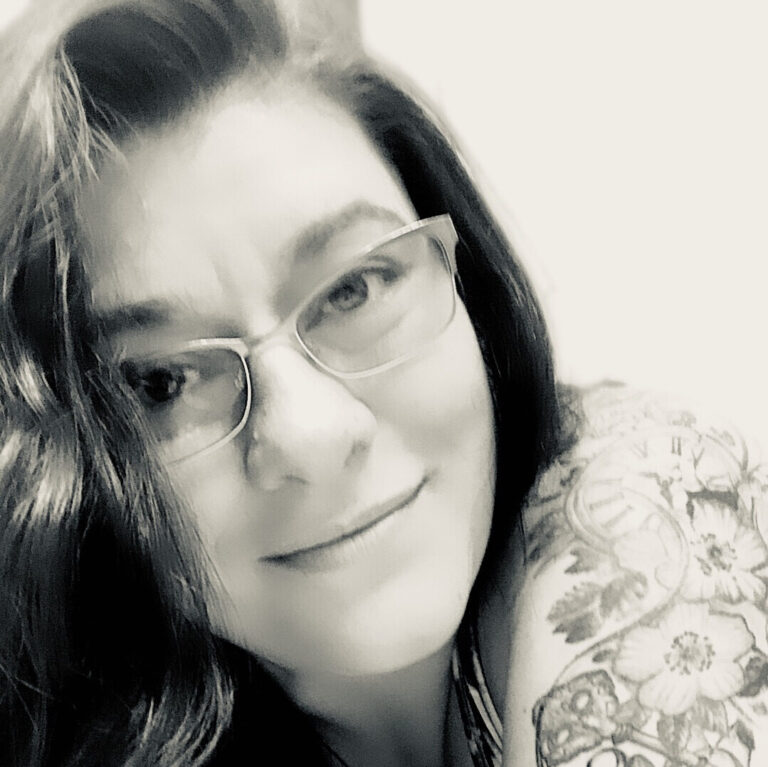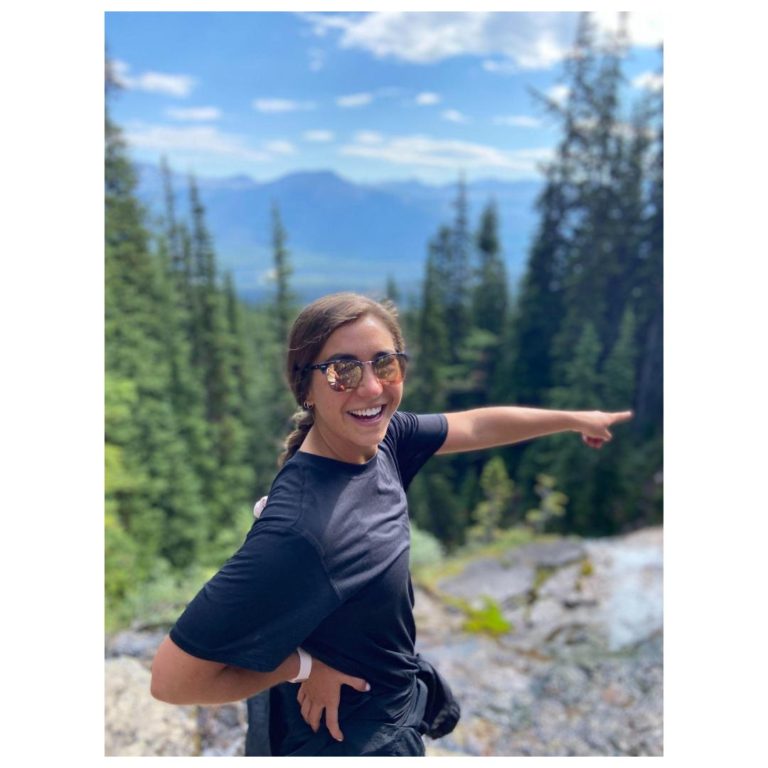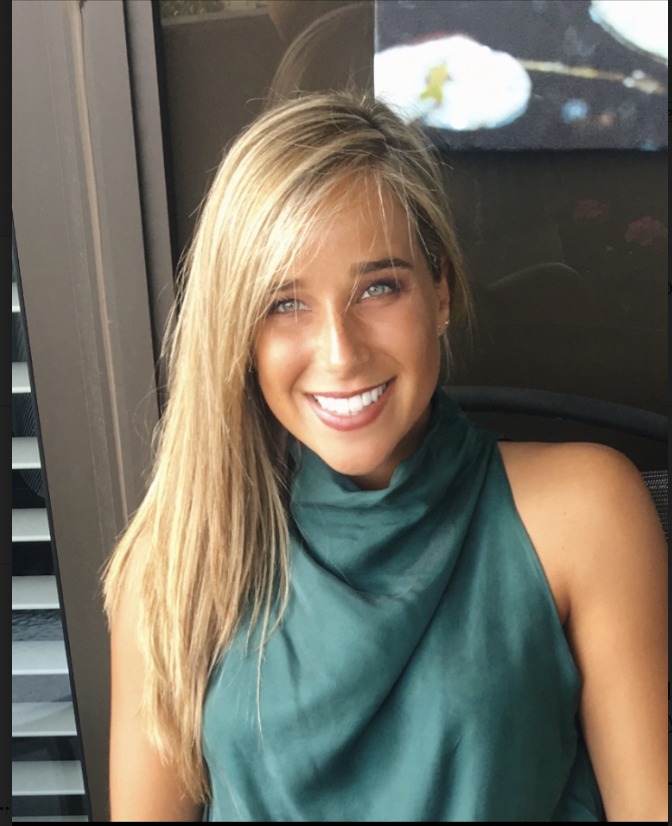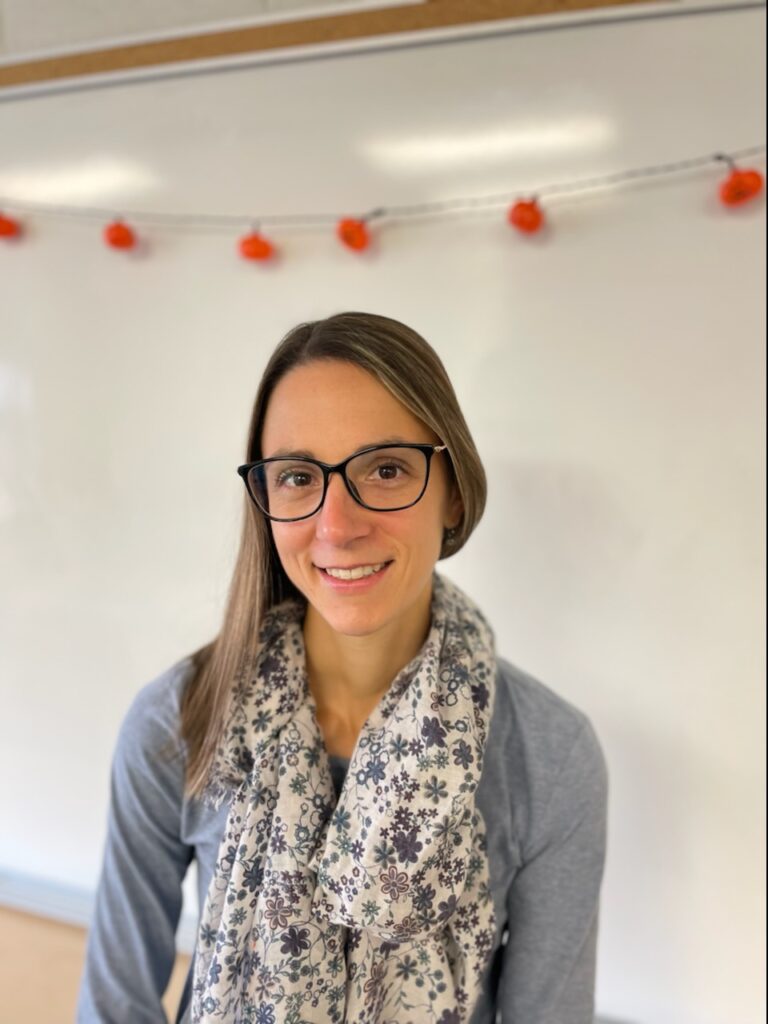English Teacher – Virtual Secondary School
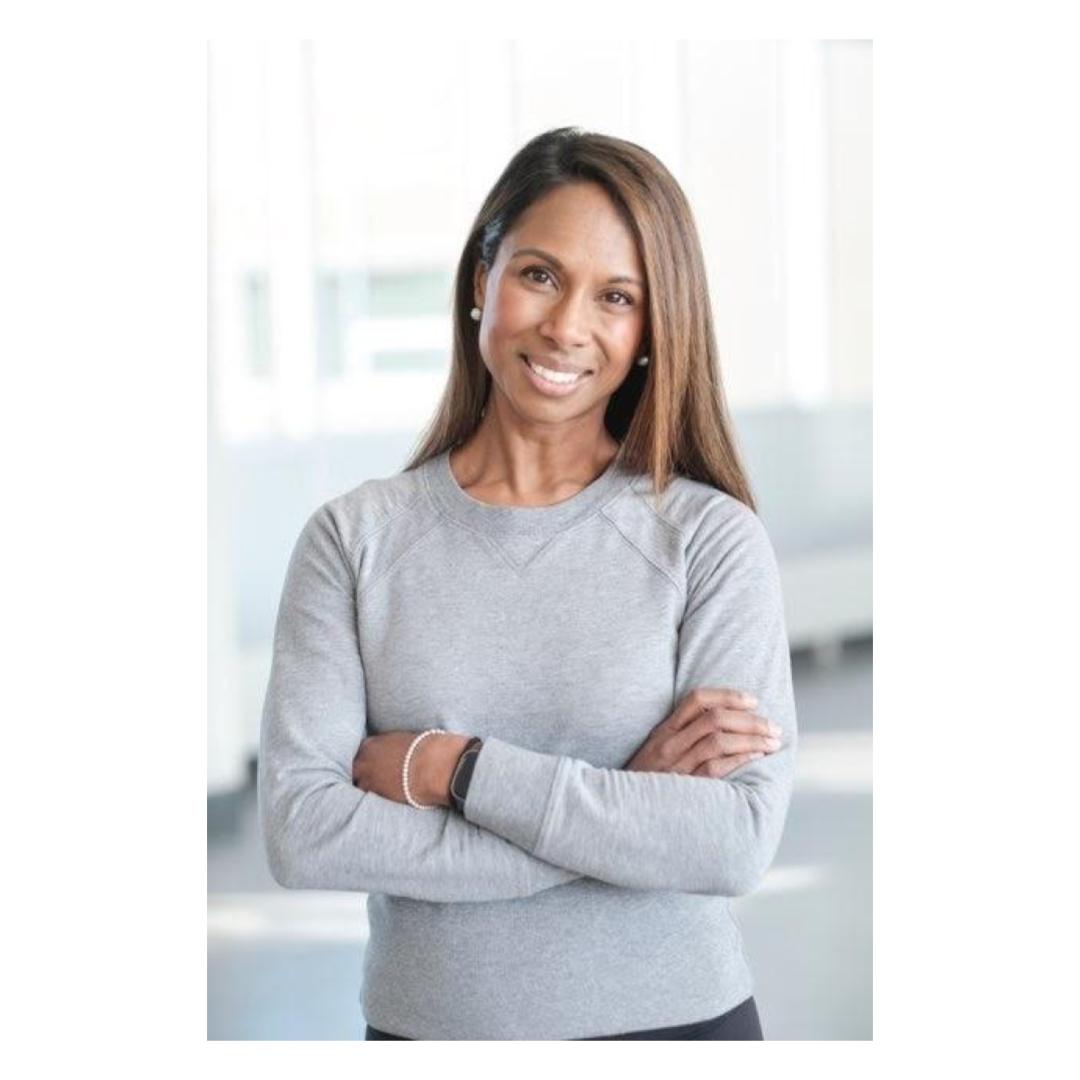 Photo by CKSS photography teacher – Antonia Giroux
Photo by CKSS photography teacher – Antonia Giroux
What do you love about your job?
I love the seasons of teaching, there is an ebb and flow of the job. You start fresh in September, with a new set of ideas, and the year flows with a rhythm of teaching. You see a new set of kids, there are changes for iteration and reset throughout the year September until June, and then a reset over the summer. I was a kid that loved school, and I have always been in that September to June flow. I don’t think I will every consider January as the beginning of the year! You’ll never make the big bucks in teaching but it is the sweetest gig. Also, as a mom, there is something organic and poetic about it. You watch these kids grow. I live and work in my community, I have gone to my students weddings, I see when they have kids of their own. It is beautiful to be so deeply embedded in the community as an educator.
In this challenging year, what have you tried that is working?
In the midst of the pandemic and lock down in the spring, George Floyd was murdered. I’m a racialized educator, some of my relatives are black, my own kids weren’t as engaged because of lockdown and emergency distance learning. I would say I have always been involved in equity work, and I was always in the background, on the equity team at Craig Kielburger, but I would be designing the slides but wasn’t comfortable being the brown woman up front talking about it at staff meetings. It was the day of George Floyd’s funeral, and nothing had been said in our Google Group about it. That day, I wrote this open letter to my students, then also posted to CKSS Google group, and with that tried to bring my most honest and authentic personal experience in my interactions with staff and students. It sounds simple, but in the past I didn’t acknowledge my own positionality with students and this shift has really worked. The work that we have done at CKSS since George Floyd’s murder has been a great start, it has been so much more meaningful, and teachers are more responsive especially around anti-black racism. I hear from kids that they really need adults in their lives to tackle real situations that are happening and not be silent about them. This shift I now realize, exists in a bigger context: we are now talking a lot about colonized spaces that we all inhabit and it has taken me all this time for me to realize my own colonized practice as an educator. As an English teacher, it is typically a very traditional top down type of learning, choosing works from the cannon and learning about them. This year has about questioning and reexamining that and I’m feeling joyful and empowered in the work.
What is a challenge and isn’t working…yet?
Students are still not turning on their cameras in the virtual class…it sounds like a small thing, but it isn’t! I never realized before how much we as educators rely on quickly glancing around a classroom to see how students are doing, reading their body language and their physical cues to determine if they need support. Without that ability in virtual class, it is forcing me to think about how to connect with these students.
I recall my professor at university saying that students have to have sovereignty over some spaces within the school. I typically see those as some public areas around the school, like the hallways and their lockers. As a result, I would often deliberately not overly police those spaces. I wonder if by not turning their cameras it is a way for them to own a part of the virtual school space.
What is one tiny victory you’ve had?
I would count this as a huge victory – this pandemic and teaching virtually has presented a beautiful opportunity to transform the content of our courses. We are not bound by what is found in the book room at school, and we are curating our own texts. We have done podcasts, Thunder Bay podcast CanadaLand and students are responding really well. After listening to that podcast, they were all fired up, saying “I feel lied to”! This has been an opportunity to change the way we think about the cannon. We have amplified voices that have never been heard before in English courses.
Have you ever had a nickname?
My parents came to Canada in 1970s, they were Sri Lankan immigrants. They named me Tamara for the purpose of being able to call me Tammy. How 70s is and white is that! As a little Sri Lankan immigrant, I recall being thankful for this name that Canadian people had no problem pronouncing. My last name was a long Singhalese/Tamil name, Thurairajah, that would inevitably get butchered at every mention. No one called me Tamara, even my younger sister calls me Akki, a term of endearment meaning older sister (an informal version of Akka). My middle name is Seethadevi and I was so happy to learn that Kamala Harris’ middle name is Devi, that made me proud!
Do you have any words of encouragement or love for other educators and staff?If educators don’t see how powerful they are after this pandemic, nothing will! Students and parents are longing for school, and attests to the importance of educators and school. We have the power to make and change communities for the better. I recently read Toni Morrison’s words on her birthday and I think they are really fitting: “Whatever the work is, do it well. You make the job; it doesn’t make you,” and perhaps most importantly, “You are not the work you do; you are the person you are.”

